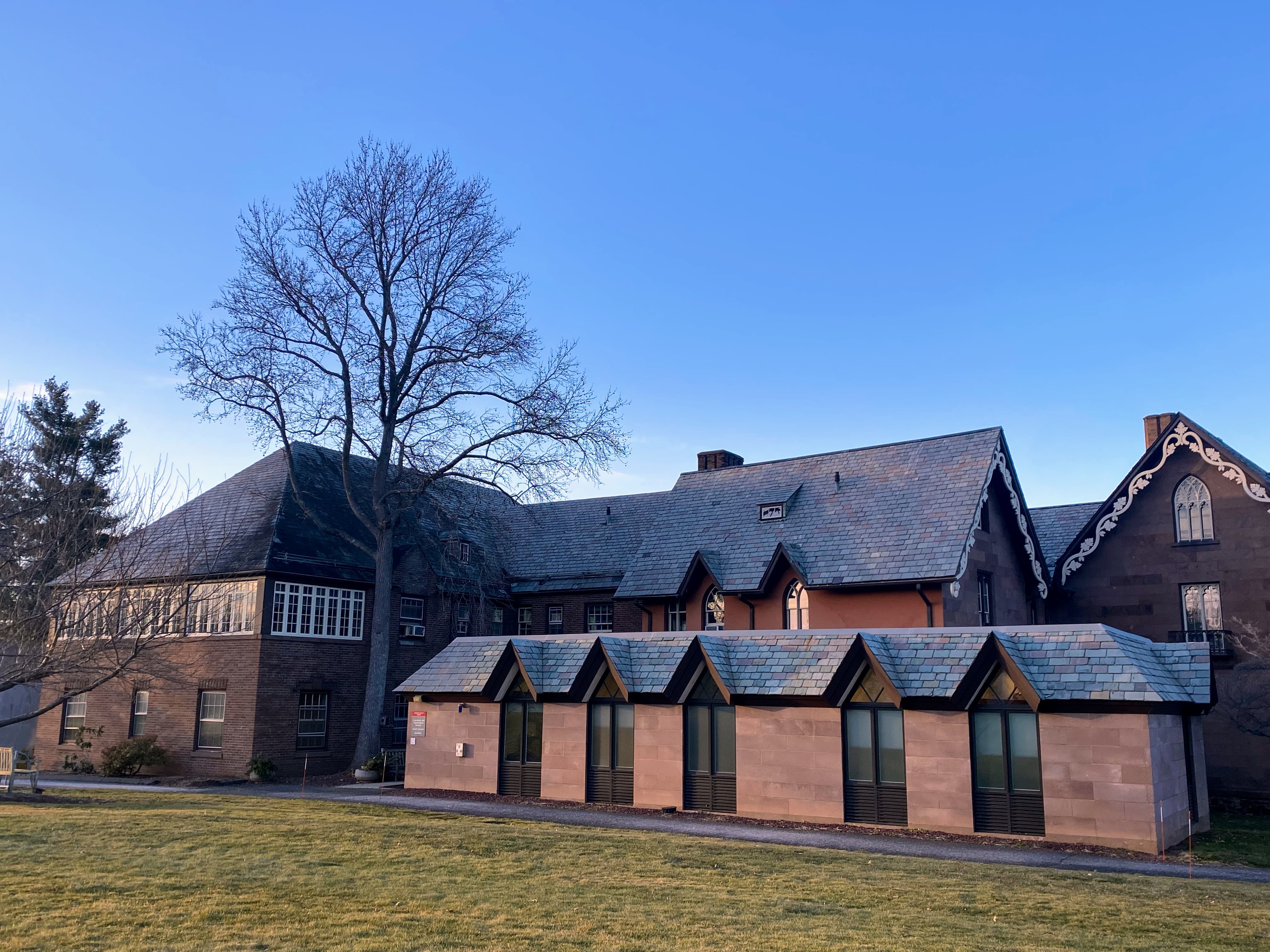
c/o Sulan Bailey, News Editor
On Thursday, Jan. 19, Medical Director Thomas McLarney shared a public health update containing information about the local rates of COVID-19 transmission as well as the most recent variant in the United States, Omicron subvariant XBB 1.5. This variant is highly contagious but less fatal than previous ones, as stated in an all-campus email from McLarney.
“Presently, Middlesex County is considered to have a high level of Covid-19 activity,” McLarney wrote in an email to The Argus. “Of note, in the Northeast, > 80% of the Covid cases are due to the Omicron subvariant XBB 1.5. [It is] felt to be highly contagious but so far the severity of illness, hospitalization and death has been low.”
While the number of positive COVID-19 cases in Middlesex County is significantly lower than it was during Spring 2022, the current data on positive cases may not accurately reflect the severity of the virus’s spread.
“Last year at this time, the Middlesex Health Department was reporting 400-800 Covid cases a week from late January to early March,” McLarney wrote. “At this time, the reported numbers are somewhere in the 30 – 70 range. The caveat is that since most cases are diagnosed with home antigen tests, these results are not [always] reported to the [Connecticut Department of Public Health] or the [Centers for Disease Control and Prevention (CDC)], so the numbers are skewed.”
As with previous semesters, the biggest concern college campuses face after a break is the potential spread of infectious diseases that students may have contracted during their time off campus.
“Anytime there is a return to college campuses, students are coming from their homes across the world,” McLarney wrote. “Any illness they may have been exposed to while home may be brought back to campus.”
According to McLarney, students should be aware that COVID-19 is not the only disease that could spread across campus over the winter season, and those exhibiting symptoms should take appropriate measures.
“By far, the most prevalent illness we have seen this past fall and winter are the typical viruses that circulate this time of year.” McLarney wrote. “If you will, the ‘common cold’ viruses. Recommendations for these illnesses are self care, [including] rest, fluids, Tylenol and/or Advil for fever, headache, body aches, etc. If these symptoms are not resolved in 10 days or so, getting worse, or one has concerning symptoms (high fever, shortness of breath, chest pain, unexplained rash), please call the health center.”
While still optional, mask-wearing is recommended by the University, along with other measures to prevent the spread of COVID-19 and other illnesses around campus. McLarney emphasized that the best protection from the virus is up-to-date vaccinations.
“Being up to date on your booster is the best form of protection.” McLarney wrote in the campus-wide email. “We are joining the local department of health in recommending masking in indoor spaces for the time being. Many will choose to wear masks in class or in offices. It is important to carry a mask with you.”
If students are experiencing symptoms, they can collect free antigen tests on campus at any time of the day.
“COVID tests are available at the health center in our waiting room.” McLarney wrote in an email to The Argus. “After hours, Public Safety has tests. If you test positive, isolate and report your positive test via the health center reporting form. You will then receive instructions of what you need to do.”
Davison Health Center is open from 9 a.m. to 6 p.m. from Monday to Thursday and 9 a.m. to 5 p.m. on Fridays.
The University remains committed to observing and recording the spread of COVID-19 and will heed any guidance from the CDC and the Connecticut Department of Public Health.
“Wesleyan will continue to monitor the COVID-19 climate and act on guidance from the Centers for Disease Control and Prevention and the Connecticut Department of Public Health to adjust our policies accordingly,” McLarney wrote in the campus-wide email. “We are in a much better place than in 2020 but we still need to take steps to keep our community healthy.”
Sulan Bailey can be reached at sabailey@wesleyan.edu.
Comments are closed